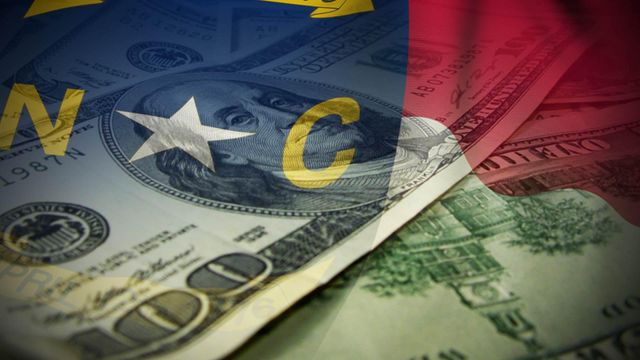State budget outlook a mixed bag
State lawmakers heard some good news and some bad in revenue and budget forecasts delivered Thursday by legislative economists.
Posted — UpdatedChief Fiscal Research Division economist Barry Boardman said he expects a $271 million shortfall in the current year's $21 billion budget.
"The main reason that we’re having a shortfall at this point is simply because wage growth hasn’t been there," he explained.
Boardman said the so-called "April surprise," when final tax payments and refunds are figured, is "a little bit more" important than usual this year.
"We project that we’ll see higher final payments. Those that were experiencing refunds will have smaller refunds," Boardman said, explaining that the tax changes made in 2013 made for more accurate income tax withholding. "You're not having as much taken out, so you don’t get as much of a refund."
In his forecast, Boardman projected slow but steady growth in the state's economy for the next two-year period – growth that will eventually put upward pressure on wages.
"I can say that we are gaining momentum. It’s still at a modest pace, but it’s at a far steadier pace than we’ve seen," he said.
The budget outlook, delivered by Fiscal Research Division economist Karen Hammonds-Blanks, was similarly mixed.
Hammonds-Blanks predicted the 2015-16 fiscal year budget would be about $21.4 billion. Using the current year spending as a base, that would leave about $541 million in additional revenue.
However, she explained, public school enrollment growth and other commitments will likely wipe out most of that balance.
Hammond-Blanks projected lawmakers will need $218 million more for growth in Medicaid enrollment next year, $127.5 million for enrollment growth in schools and universities and $45 million for cost increases in the State Health Plan. Plus, they're already committed to spend about $42 million to bring starting teacher pay up to $35,000 a year and about $26 million for other projects.
That adds up to $458.5 million that's essentially already spent, leaving only about $82 million for other budget pressures, such as salary step increases, raises, court and prison system needs, economic development and capital investments. For comparison's sake, an across-the-board 1 percent raise for teachers and state employees would cost $134 million.
House Senior Budget Chairman Nelson Dollar said there are always more needs than resources.
Related Topics
• Credits
Copyright 2024 by Capitol Broadcasting Company. All rights reserved. This material may not be published, broadcast, rewritten or redistributed.






